More than a doctoral degree
My journey of research, volunteering and advocacy.
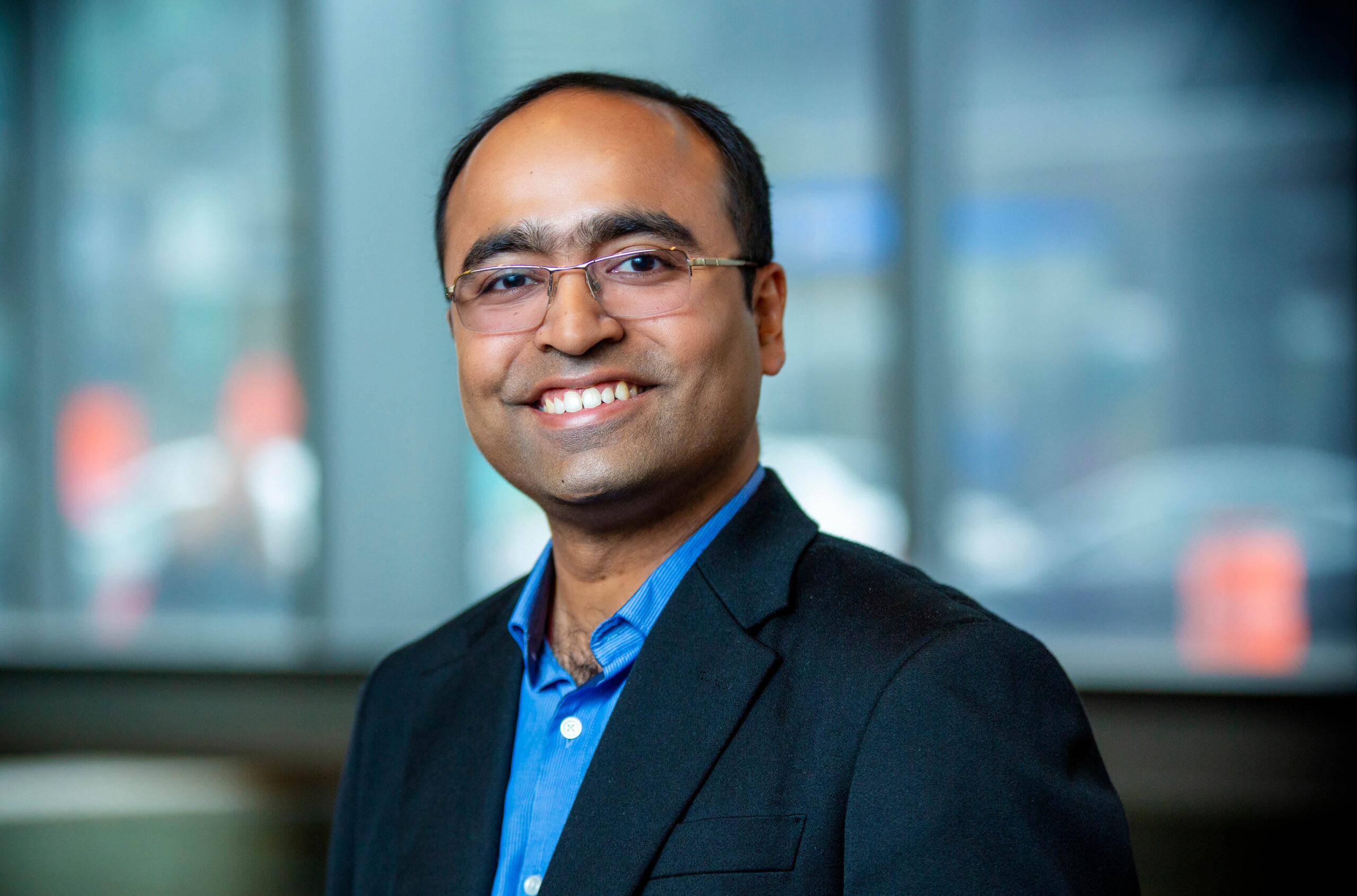
Graduate school is a path to specialized expertise, but for me, it has become far more than an academic pursuit. It is a journey of resilience, reinvention and relearning.
My experiences have shown me that it is possible to build many beginnings along the way, each grounded in service, curiosity and determination to make a positive impact. More than anything, I have come to understand that graduate studies — especially at the doctoral level — offer a rare, once-in-a-lifetime opportunity not only to refine professional skills, but also to shape a vision for contributing to the public good.
2019–2021: My foundation in research
When I arrived in Montreal in the fall of 2019, little did I know how transformative the next few years would be. After nearly a decade building my career in the telecom industry in South Asia, I chose to resume academic life immediately after immigrating to Canada — a decision filled with both excitement and uncertainty. Beginning my doctorate in electrical and computer engineering (ECE) at Concordia University, I was eager to immerse myself in a new intellectual environment. Yet, the transition demanded that I learn to navigate a new academic culture, master advanced technical skills and engage with a diverse student community.
Within months, however, the world changed abruptly as the COVID-19 pandemic swept across the globe. The isolation of lockdowns brought significant challenges, both academically and personally. Montreal’s vibrant character faded as campuses closed and interactions moved online. Like many newcomers, I faced the loneliness of a small studio apartment while preparing for my PhD comprehensive exam, often wondering what the next day would bring.
Yet these hardships became the seeds of new purpose. Through my university, I discovered remote volunteering opportunities, such as producing storytelling videos for children to support parents during lockdowns. Just before the pandemic began, I had met an activist who was passionate about digital well-being and online safety for children. Our conversations helped me view my technical expertise through a new, socially engaged lens. Convinced that this was an issue worth pursuing, I joined demonstrations advocating for stronger protections online, especially for age-restricted services.
As I explored research directions for my dissertation, I asked myself how my academic discipline in ECE could help address current societal challenges. After a period of endless brainstorming along with uncertainty, I proposed developing an anonymous age-verification system using electrocardiogram (ECG) signals generated in human hearts. This research, the first of its kind, aimed to design AI-driven methods for estimating age segments from wearable sensor data — advancing online safety for youth while safeguarding user privacy.
2021–2023: Expanding my community contributions
When pandemic restrictions eased, Montreal’s streets pulsed back to life. Though I had not experienced pre-pandemic Montreal, I quickly came to appreciate the city’s vibrancy. Energized, I expanded my networks, joined neighbourhood associations and engineering volunteer groups, and picked up new hobbies — from gardening to biking around the city.
My research gathered significant momentum. I published multiple papers at international conferences, passed my doctoral proposal defense, and became a regular speaker at both academic and public events in Canada. These efforts were recognized widely. In 2023, I was named one of Concordia’s Public Scholars — an initiative that annually appoints 10 doctoral students to bridge research with public engagement. A memorable moment for me in the same year was being invited and acknowledged at the Senate of Canada for my contributions to online safety.
I also greatly enjoyed my experience as a teaching assistant and part-time faculty member for leadership and technical writing courses at my university. These roles allowed me to interact with, and be energized by, so many enthusiastic young minds. In particular, while working as a TA for the undergraduate technical writing course, I often went beyond my defined responsibilities. I encouraged students to transform their course assignments into publications, documented that experience in an academic paper, created a website to showcase high-quality student work, and organized a contest to recognize innovative ideas with external judges from diverse sectors.
2023–2025: Advocacy for online safety
The next phase of my journey has been defined by deeper engagement with policy and advocacy. My opinion pieces in newspapers, articles in policy magazines, and papers in academic journals have examined Canada’s efforts on digital ID, the need for evidence-based policy in age verification, and strategies for building safer online environments. I have organized and participated in panels with lawmakers, social activists, educators and technologists to raise public awareness on these issues. Recently, I received an offer from a publishing house to write a book documenting my experiences at the intersection of engineering, ethics and community engagement.
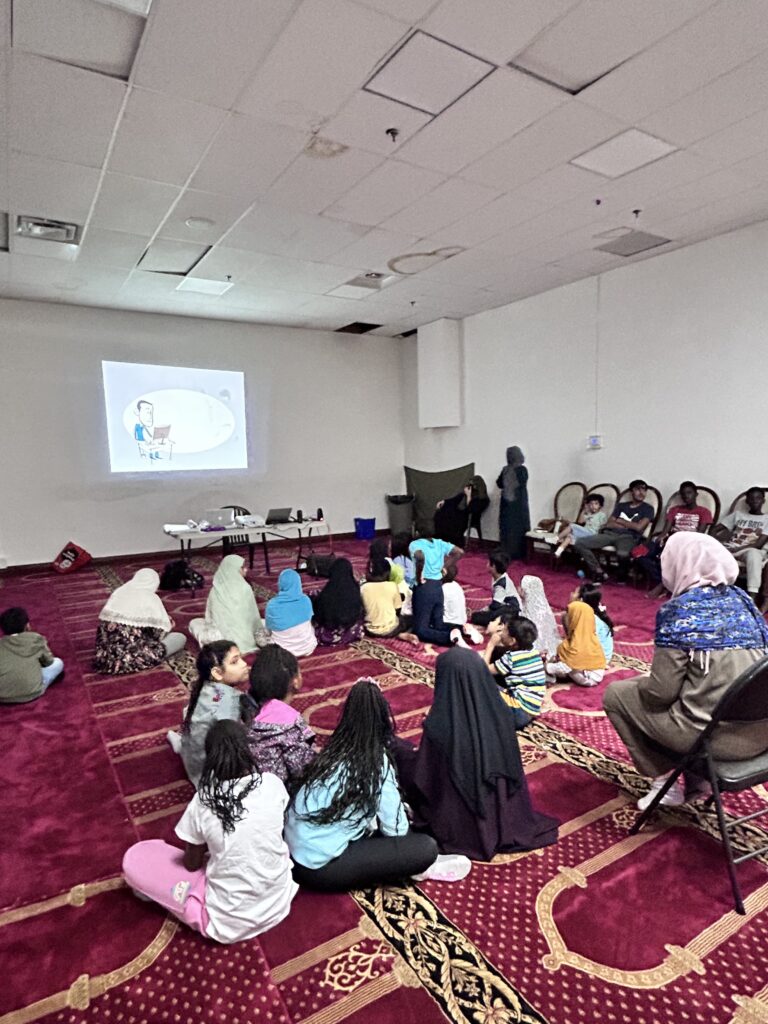
In parallel, I continued my outreach activities in summer camps, after-school programs and community market initiatives to promote AI literacy and digital safety. These experiences reinforced my belief that the greatest impact of research emerges when it reflects and responds to the needs of diverse communities.
Looking back, the journey from new arrival to researcher, volunteer and policy advocate has been more than a series of milestones — it has been a transformative life experience.
Featured Jobs
- Psychology - Assistant ProfessorSt. Jerome's University
- Law - Assistant or Associate Professor (International Economic Law)Queen's University
- Geography - Assistant Professor (Indigenous Geographies)University of Victoria
- Neuroscience - Assistant ProfessorMacEwan University
- Sociology - Professor (Quantitative Data Analysis Methods and Social Statistics)Université Laval


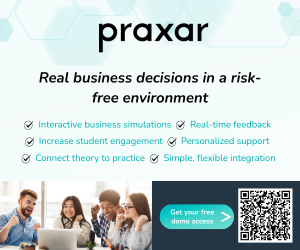
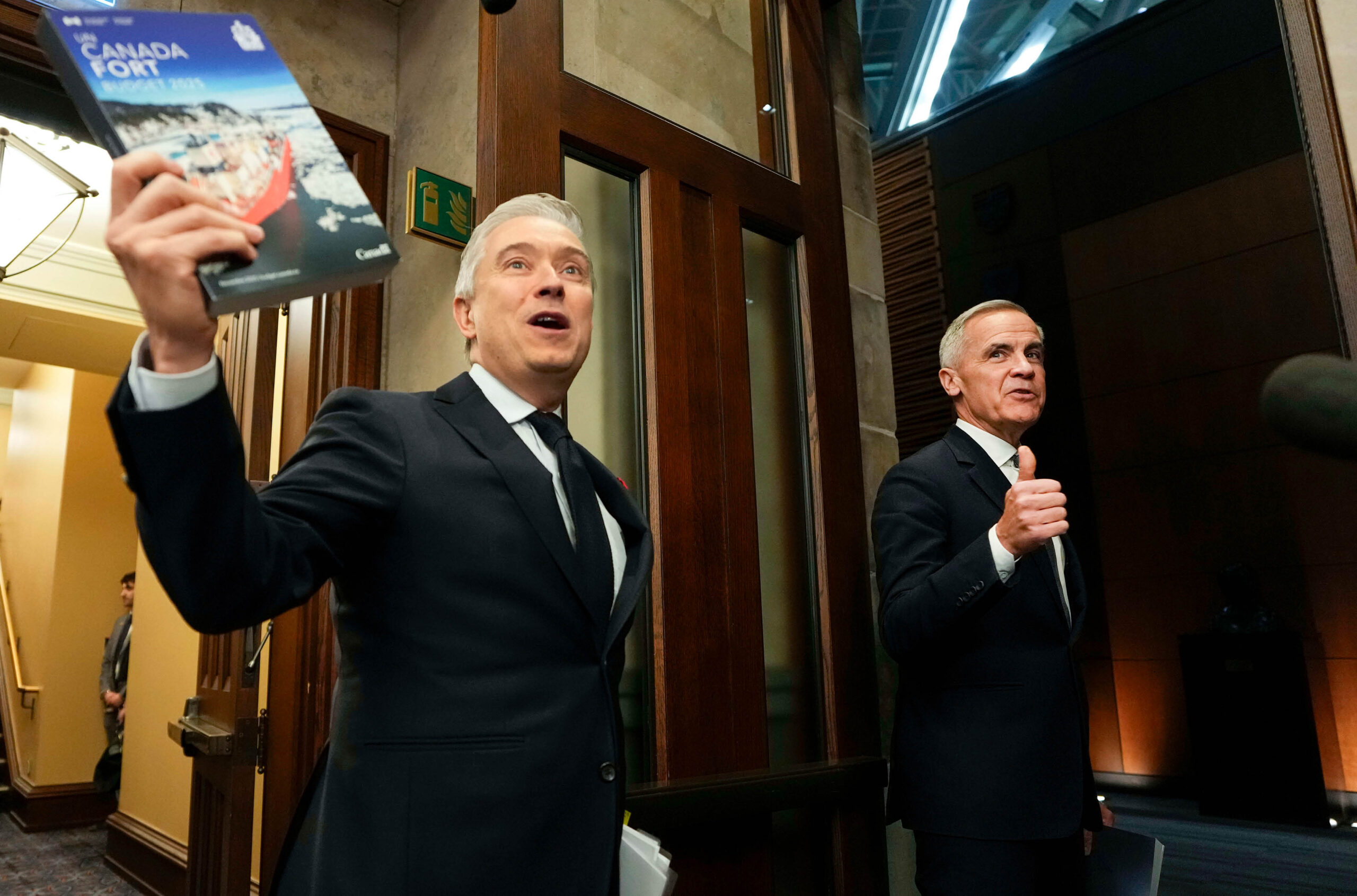
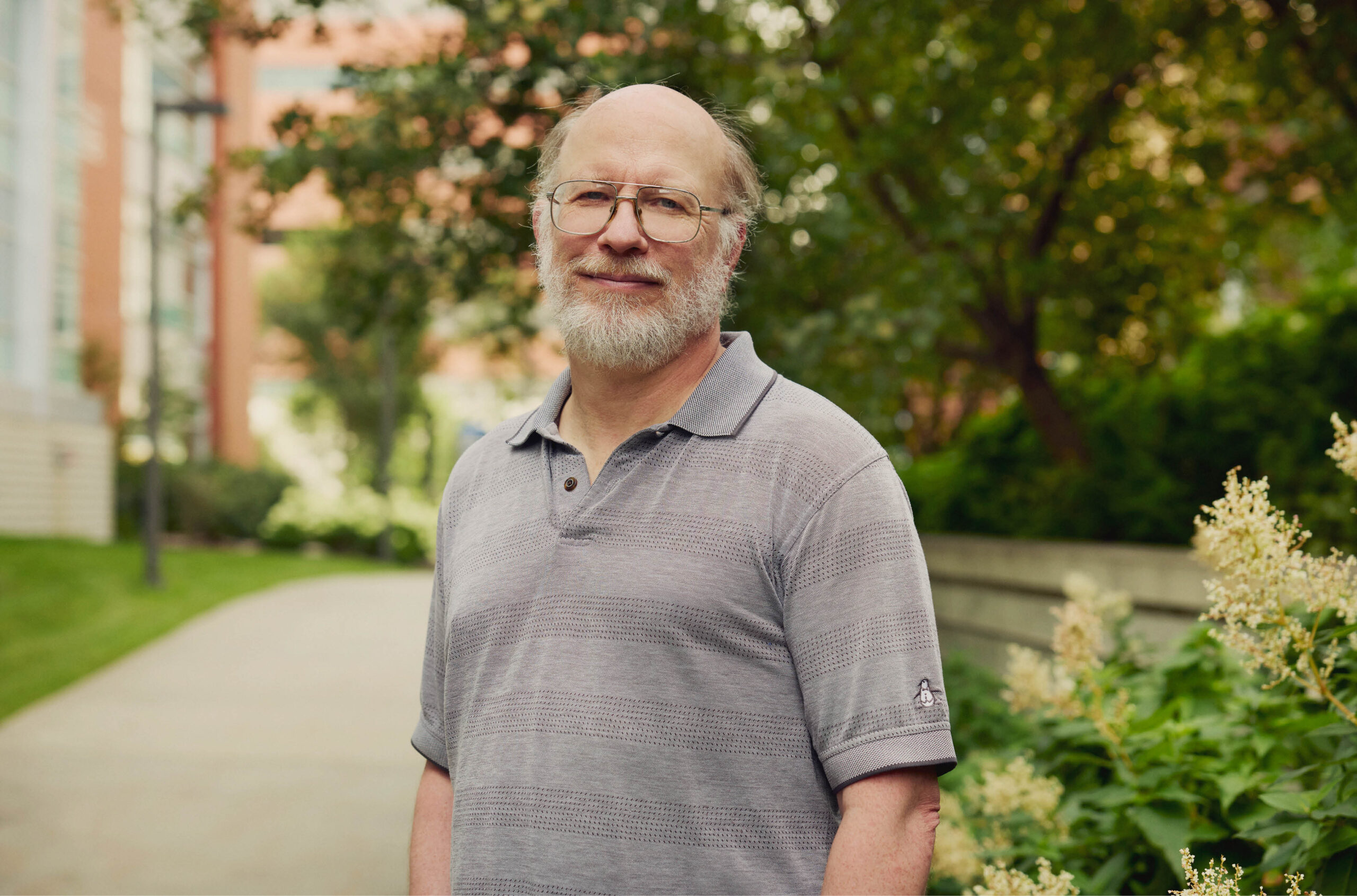
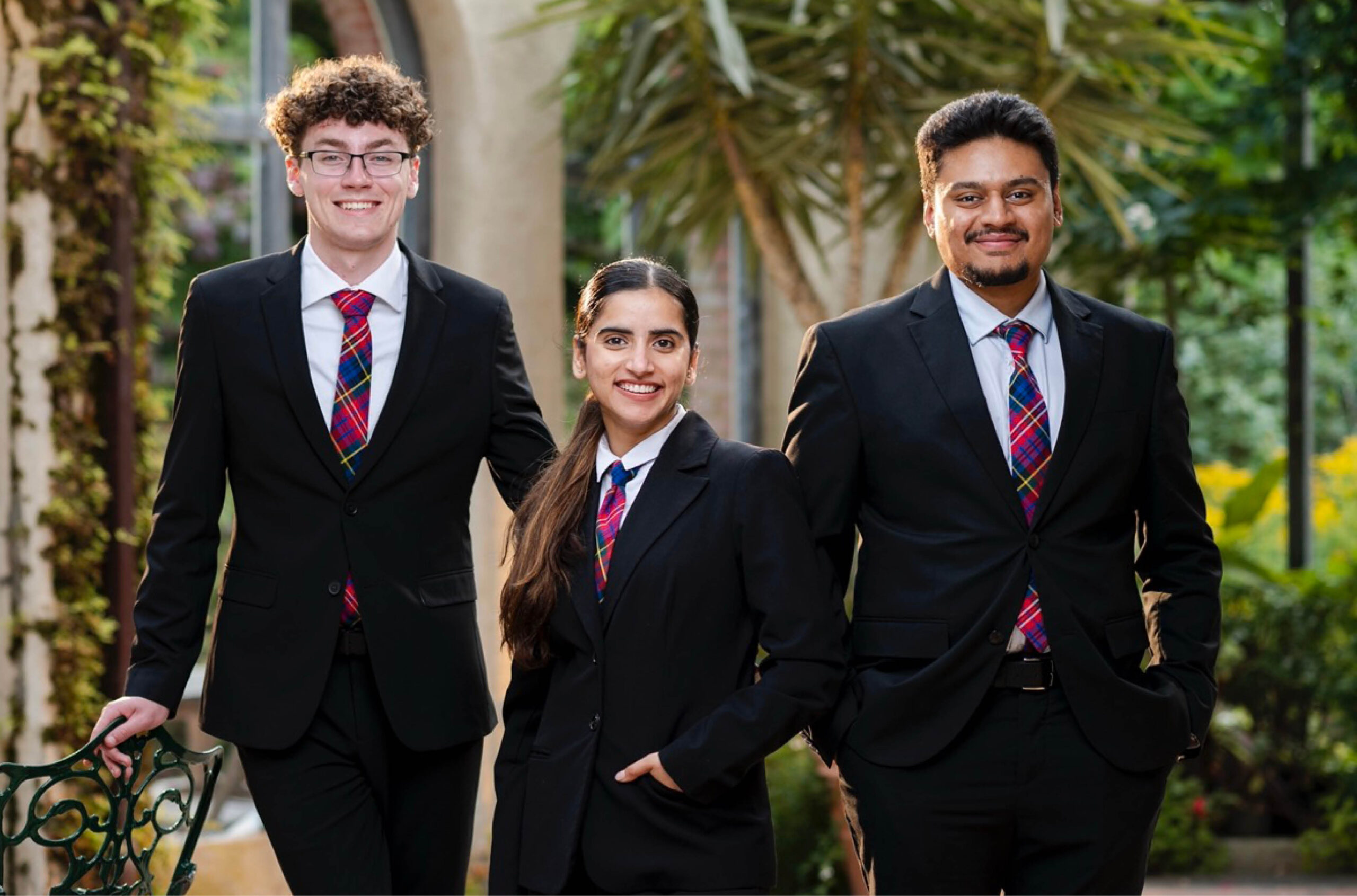

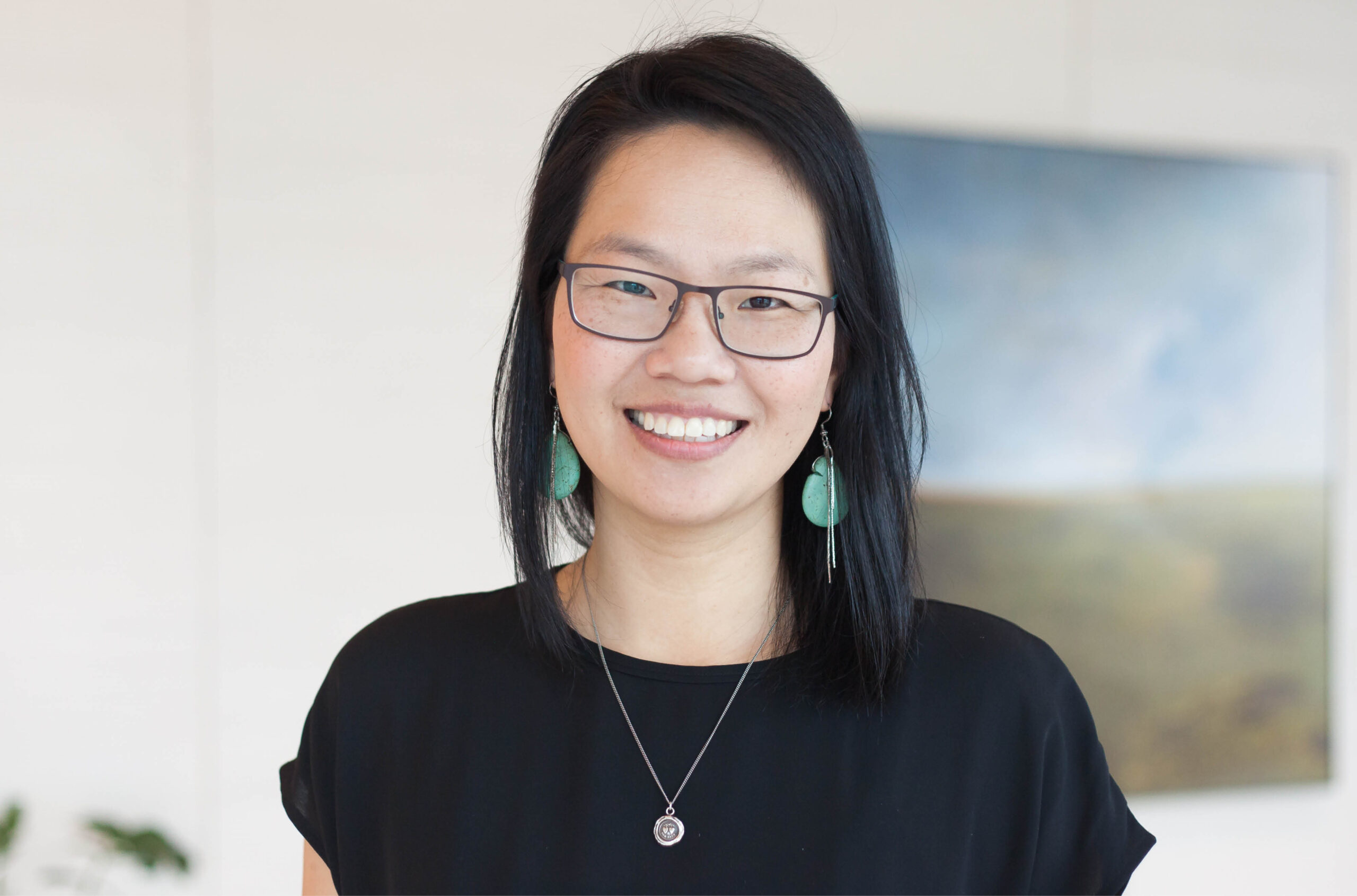
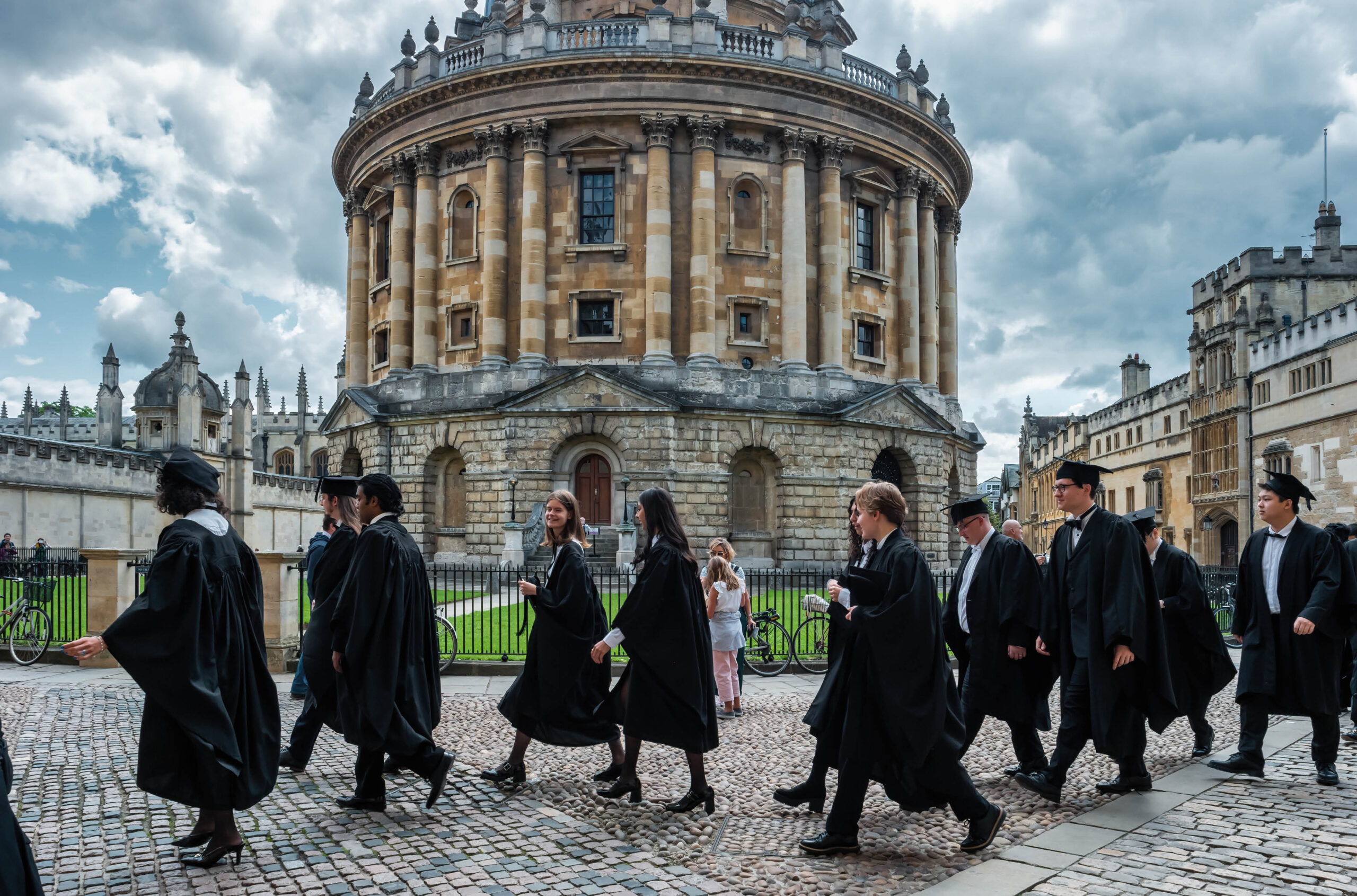


Post a comment
University Affairs moderates all comments according to the following guidelines. If approved, comments generally appear within one business day. We may republish particularly insightful remarks in our print edition or elsewhere.